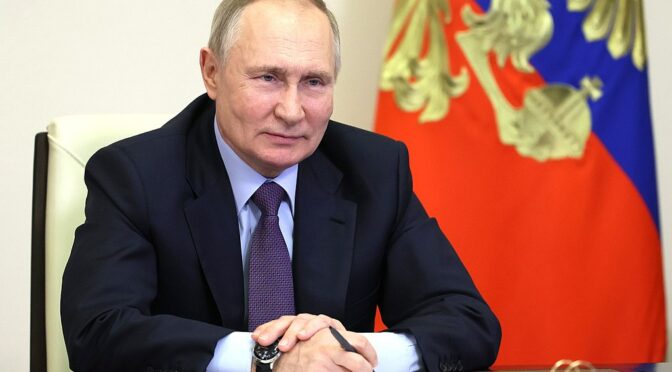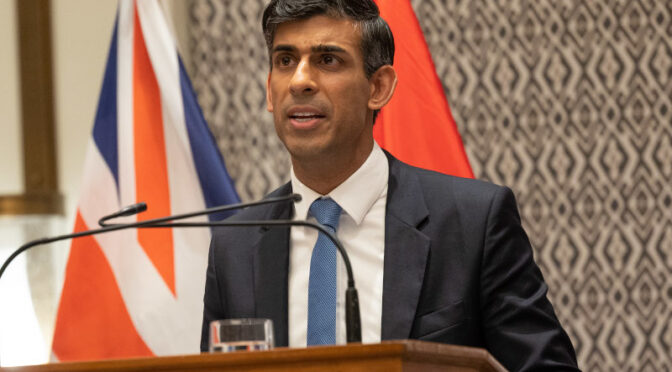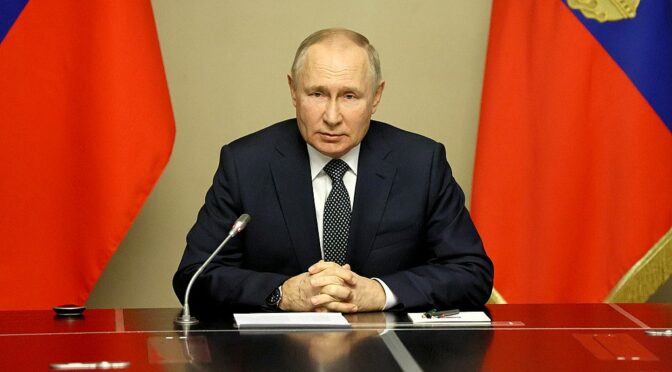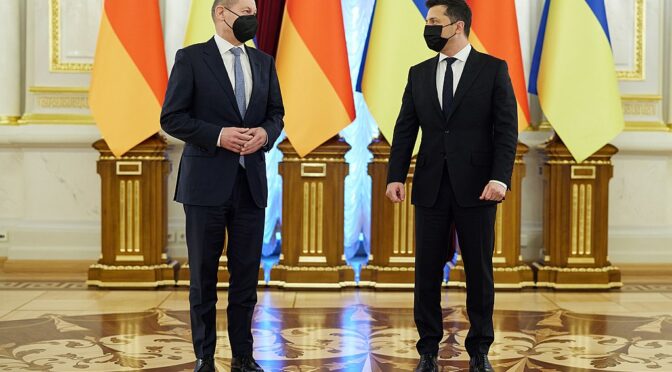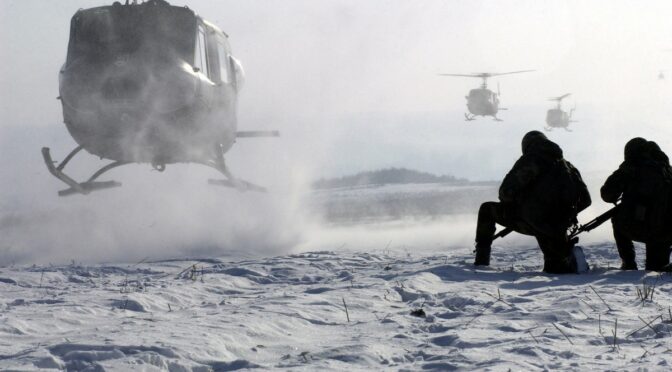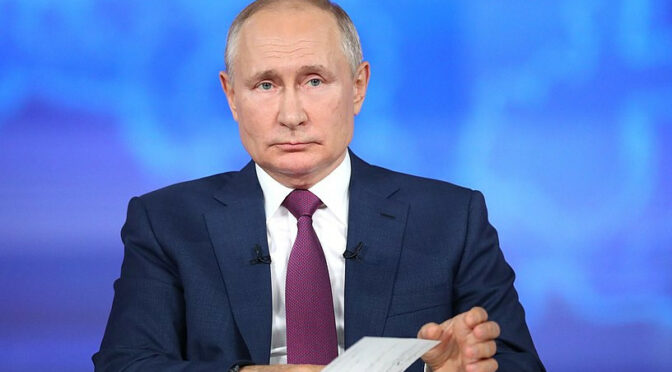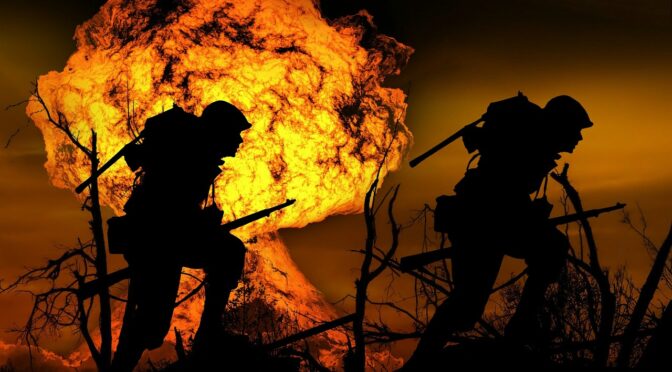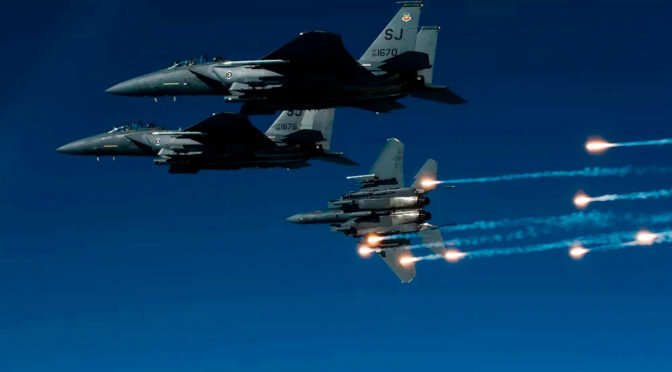Article published in The Daily Telegraph, 6 January 2023. © Richard Kemp
I was stunned to learn that the Duke of Sussex talks of enemy combatants as being mere ‘chess pieces’ to be taken off the board, less than human. This is not how it is in the Armed Forces. Those of us who have served in the military are taught, even in the heat of battle, that we must treat our enemy with respect and in accordance with the laws of armed conflict. We consider the Geneva Conventions with deference, determined to abide by them in every circumstance.
Yes, of course fighters that are trying to kill you should be killed first, but even then their bodies have to be handled respectfully and given a decent burial. Soldiers are taught to give proper medical treatment to enemy wounded in the field; indeed, there are several examples of wounded British soldiers finding themselves in field hospitals alongside injured Taliban insurgents.
Equally, soldiers are trained to treat prisoners of war according to humanitarian rules. I remember British soldiers in Iraq voluntarily giving their own rations and water to starving Iraqi soldiers on the battlefield. They saw them as fellow human beings in dire straits, not as chess pieces to be callously knocked off the table.
Prince Harry’s absurd claim that it is not possible to kill someone ‘if you see them as a person’ has been disproved in every battle the British Army has fought. Our troops have long held a reputation for being both ferocious and humane. His suggestion that soldiers must be trained to ‘other’ their enemies, as he puts it, before being able to do their duty in war, not only traduces their agency and morality but will also give ammunition to lawyers who want to drag them through the courts on accusations of unlawful killing.
Let’s not forget that we are about to see the beginning of another inquiry into the latest round of allegations from Afghanistan.
While on the one hand Prince Harry makes clear his personal determination to avoid killing innocent civilians, on the other he takes aim at military restrictions intended to achieve exactly that. He says he was denied permission to fire at the enemy after a terrorist attack. That might well have been frustrating, but it would only have happened if his commanders believed uninvolved civilians were in the area and might have been killed.
Harry emphasises how he wanted to return home with his ‘conscience intact’, knowing he had not killed innocent people. That doesn’t distinguish him from the majority; it’s true of every soldier I ever served alongside. But sometimes things go wrong, which is often followed by a lifetime of guilt. I was speaking only the other day to a member of my regiment who accidentally killed a child in Northern Ireland over 40 years ago and will never forgive himself. Continue reading

